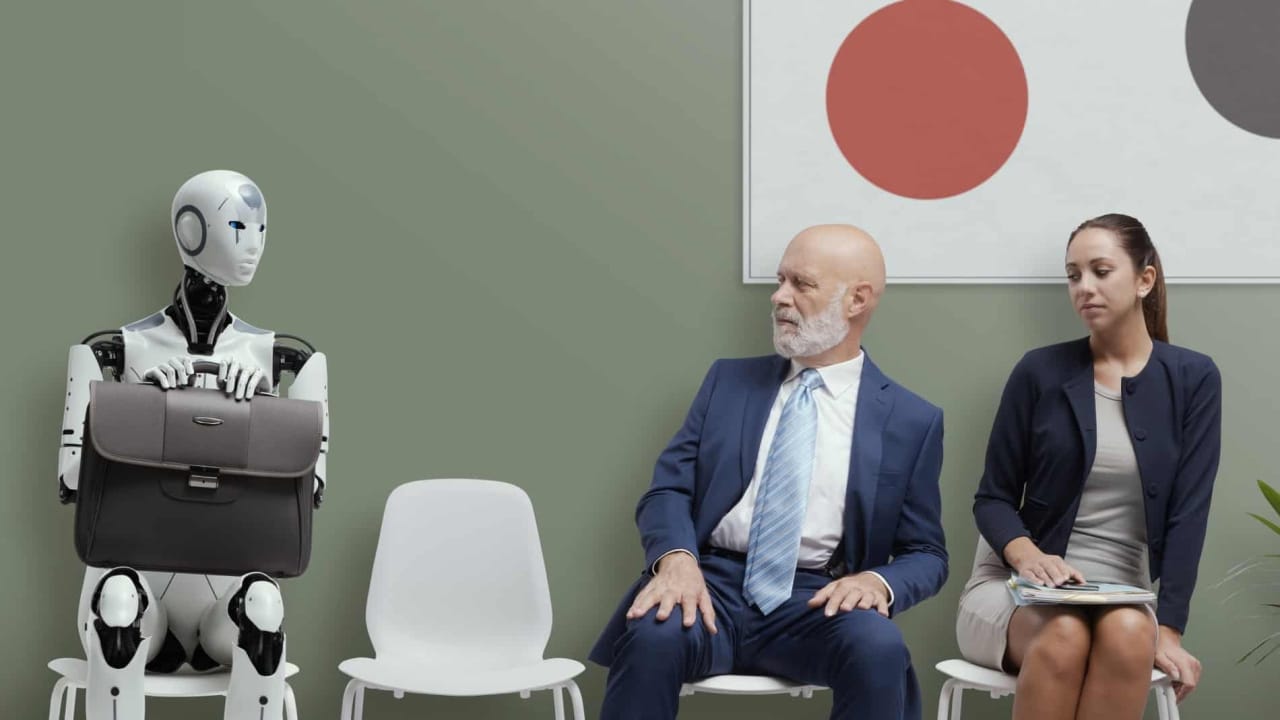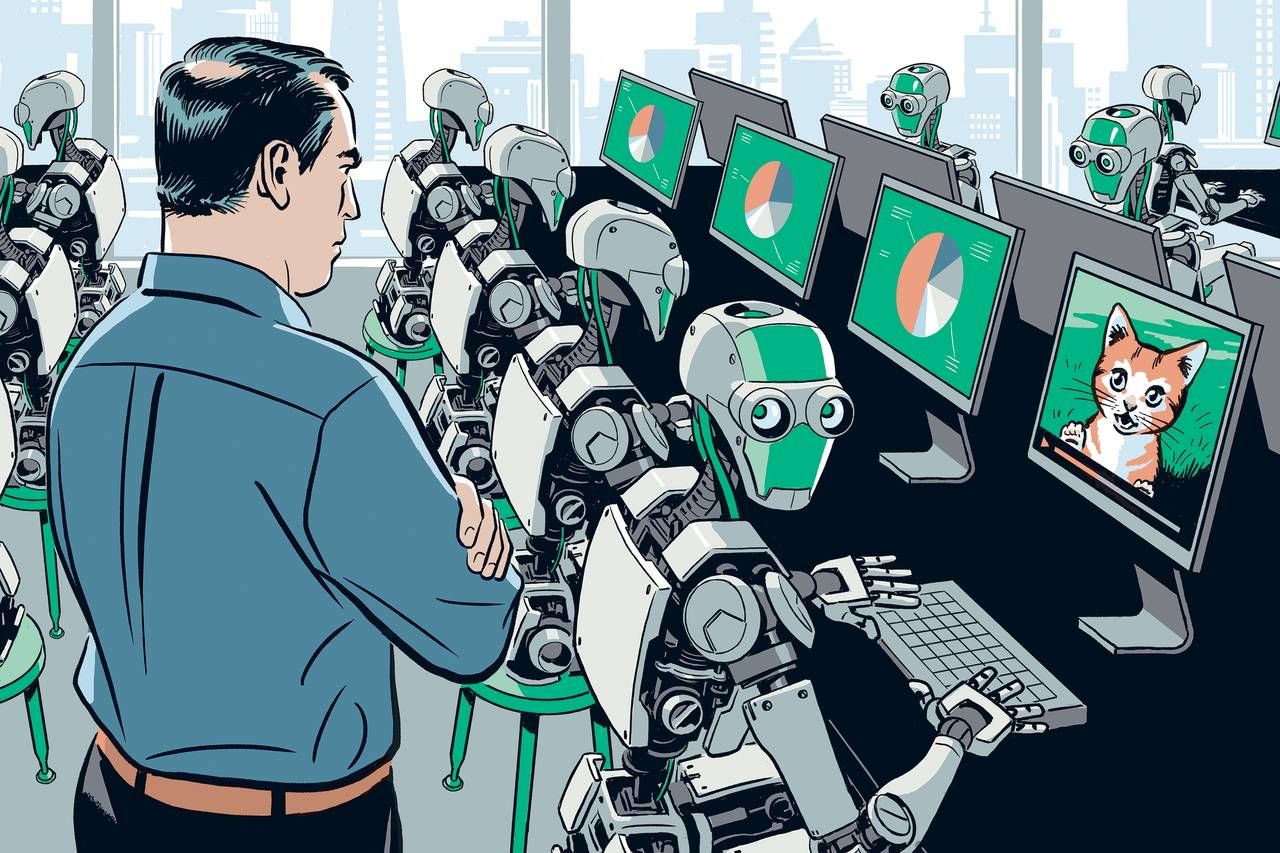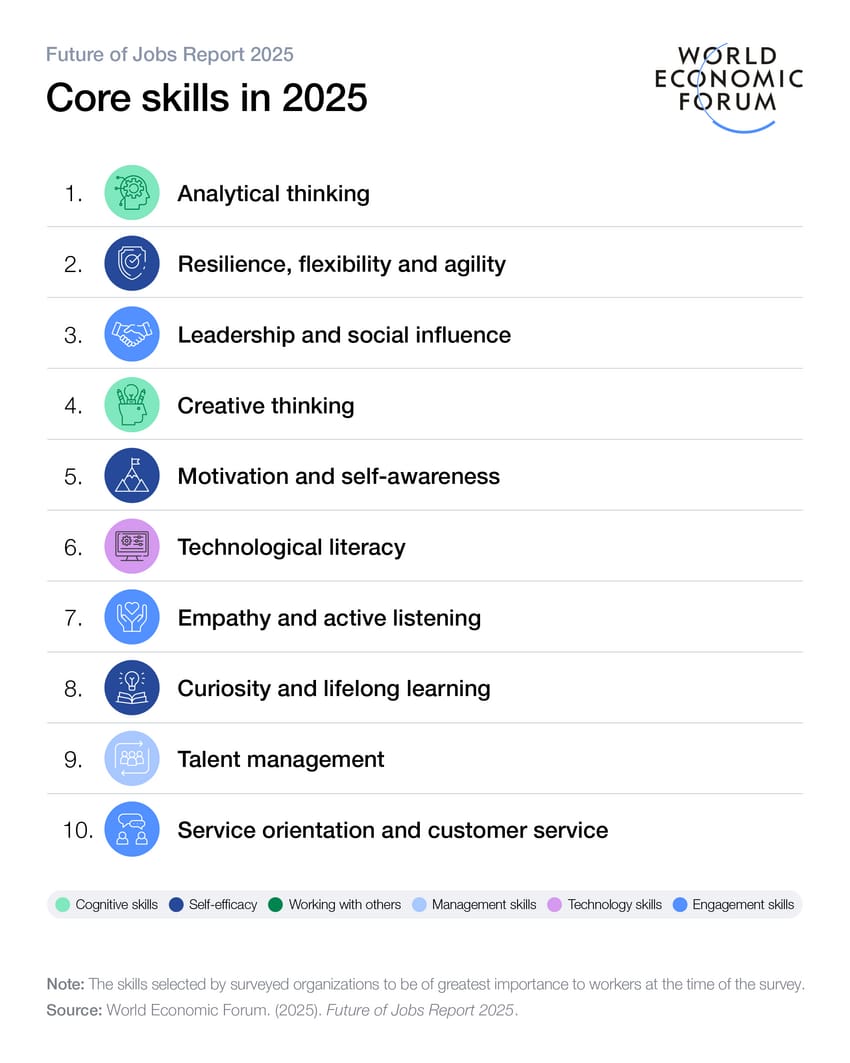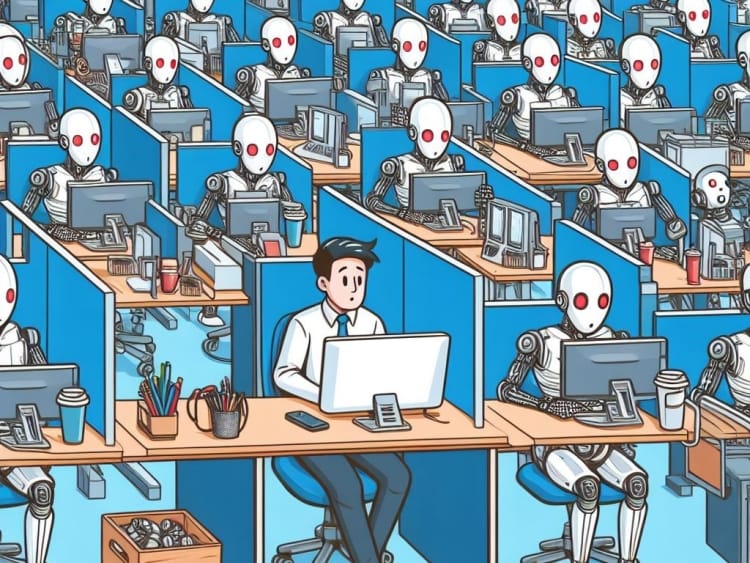- The Intersection
- Posts
- Skills of the Future: What this means for founders, nonprofits and education
Skills of the Future: What this means for founders, nonprofits and education
A look at The World Economic Forum's Future of Jobs Report 2025

How are technology, demographics, and economic shifts shaping the world of work?
If you haven’t seen the World Economic Forum’s 2025 Future of Jobs Report, I took a look recently and had some thoughts — enough to write this week’s newsletter about it.
While the headlines we see every day often focus on AI, automation, and job disruption, today I’m focusing on the human skills that will matter more than ever.
This is something my wife often brings up when we see content about “AI taking everyone’s jobs”.

The report brought together the perspective of over 1,000 leading global employers, representing more than 14 million workers across 22 industry clusters and 55 economies from around the world. They examined how these macrotrends impact jobs and skills, and the workforce transformation strategies employers plan to embark on in response from 2025 to 2030.
Back to the skills we’re highlighting…
What are these human skills?
Social influence.
Lifelong learning.
Empathy and listening.
These aren’t just soft skills, they’re skills for success in general.
These are what my LinkedIn connection Ben Wise of Google said are some of the most important skills of both the future and today.
As someone who works across sectors — supporting nonprofit teams through The Good Growth Company, advising startups on marketing and brand strategy, and teaching future creatives at OCAD University and George Brown College — this report isn’t something I could ignore.
Because no matter the industry, we’re all being called to adapt.
But it’s not just about learning how to use AI. (Though that’s still important — I’m even running a workshop on using AI for social impact next month).

Instead, we’re being called to lead with empathy, connect with clarity, and build influence through trust.
So what does this mean?
I’ve broken it down for the sectors I’m closest to — and what I believe today’s leaders, learners, and changemakers need to pay attention.
Here are the key shifts I think are worth highlighting:
Social sector and care economy roles are among the fastest-growing globally.
Roles that require strong emotional intelligence—like social workers, community leaders, and fundraisers—are gaining relevance, not losing it.
Nonprofits are being asked to do more with less, while facing greater demand for transparency, storytelling, and stakeholder engagement.
What do nonprofits need to do now?
Train your team in empathy-based communication and active listening. Again these aren’t soft extras — they’re core to advocacy, donor engagement, and leadership.
Make social influence a team-wide competency. Whether you're fundraising or mobilizing a campaign, your ability to connect and inspire is now a job requirement.
Normalize lifelong learning. Introduce internal learning cycles — short, focused, and actionable — to stay current without burning out your team.
This is why I’ve been building The Good Growth Company.
The future isn't about trading humans for machines. It’s about building human-centred organizations supported by smart systems — and that includes AI when used ethically and strategically.
Education
From the classroom to boardroom workshops, education is being redefined by rapid change. Nearly 40% of core skills in today's jobs will shift by 2030, according to the report.
But the pace of reskilling is slowing down — likely due to burnout, budget constraints, and confusion over where to start.
As an educator and facilitator, here’s what I’ll focus on:
Balance technical and human skills. AI literacy matters, but so does influence, collaboration, and ethical reasoning.
Make learning continuous, not episodic. Shift away from long, one-off courses and toward micro-learning, cohort models, and active application.
Foster peer-led learning. Encourage environments where people can practice real-world problem-solving with others, not just passively consume information.
What should today’s students study?
AI and prompt engineering. These will be foundational in almost every field.
Communication and storytelling. From stakeholder alignment to persuasive design, clear communication is critical.
Ethics, empathy, and systems thinking. Understanding the bigger picture and how people feel within it will make students far more adaptable than any single technical skill ever could.
We need education that doesn’t just prepare students for their first job — but for every reinvention that follows.
Marketing and Branding
Marketing is being reshaped by technology, but not replaced by it.
The tools are evolving faster than most teams can keep up with — but the fundamentals remain: connect with people, solve real problems, and tell stories that resonate.
The key insights from the report for marketers and founders are:
Skills like stakeholder communication, brand storytelling, and creative thinking are rising in value.
GenAI and digital fluency are now baseline expectations, not differentiators.
The biggest advantage in marketing will come from combining tech with empathy, strategy with listening, and content with context.
What today’s founders should prioritize:
Deep customer insight. Move beyond personas to empathetic research and real conversations.
Lifelong learning habits. Stay curious and adaptable in your marketing strategies, not tied to one platform or trend.
Purposeful brand building. Influence and trust will outperform clever tactics every time.
Marketing isn’t just about getting attention anymore — it’s about earning it.
In a world of AI-generated content and declining trust, the brands that win are the ones built on human connection.

Where do we go from here?
The future belongs to the people and organizations who are human-first and future-ready.
We often think about the future of work in terms of what jobs will exist, or what tech we’ll have to master.
But we should also think about what kind of people will thrive in every job.
People who can influence and listen.
People who can adapt and keep learning.
People who can use technology, without losing humanity.
Whether you’re leading an organization, growing a business, or educating the next generation, you’re shaping the future of work with every choice you make today.
And if you’re not actively building those skills, someone else is.
Here’s your challenge to not just adapt to change, but lead it with clarity, care, and courage.
Let me know where you’re at with all of this!
— Daniel
Social Impact and the Nonprofit Sector